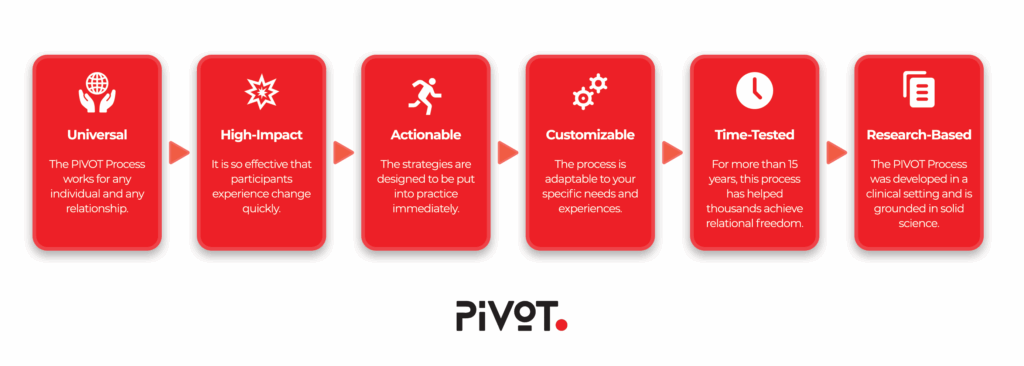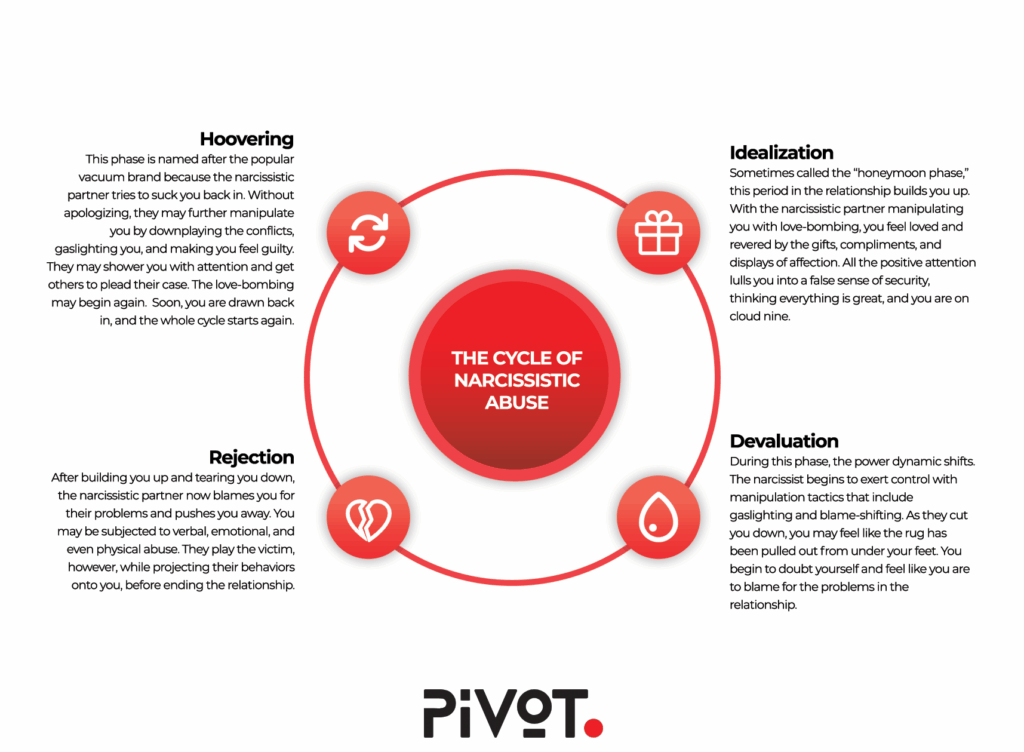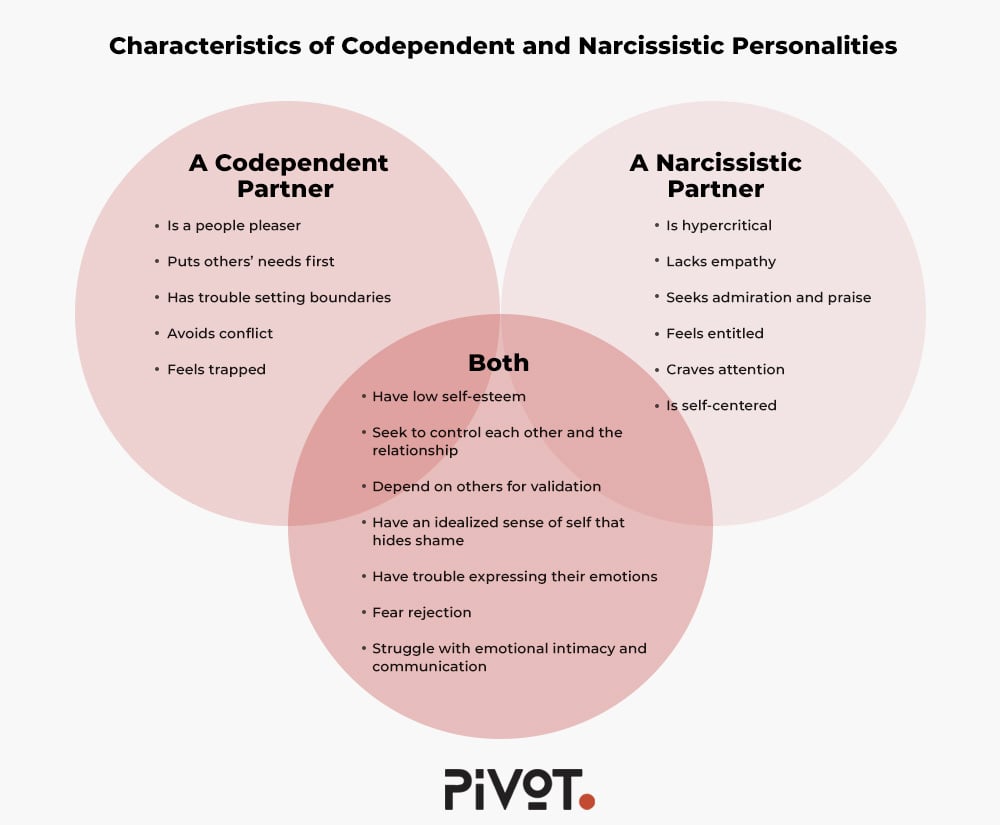Do you find yourself thinking, “I’m not enough,” “feeling like I’m not good enough” or “I’m not worthy of love?”
Or do you feel that you work hard to be the best, but you should be more, do more or be better? Otherwise, you don’t measure up.
Feeling not good enough is a common problem in relationship dynamics, especially when one partner has unmet needs. This often leads to defensiveness in the either partner, causing rifts in the relationship and inhibiting effective communication. It can be triggered if your friend didn’t call when she said she would, or someone rejected your ideas, or perhaps your relationship ended.
If this is you, then you may have childhood wounds that haven’t been healed.
Why Do I Feel Like I Am not Good Enough for Anyone?
As children, we are completely dependent on our parents and caregivers for food, safety, and boundaries. Most importantly, we want and need to feel loved and accepted by our primary caregivers.
Imagine a baby who’s desperate for attention, but his mother ignores him. Think about how impressionable that is for him. When babies and children don’t have a proper connection, they will crave this and grow up feeling that they are not enough.
For example, if this child was raised by a dysfunctional family, say with a narcissistic parent, then the child does not understand why that parent is not capable of empathy or love. Or an alcoholic parent who is sometimes available and other times is not able to function.
Children who live in these situations may try to fix the problem, by thinking “if I were a better child, my daddy wouldn’t drink.”
This leads them to feel that they need to be better and that somehow, they are not good enough as they are.
As they get older, they’ll continue to feel like they’re not enough, and in later years, they may turn to fixing others, food, alcohol, porn, relationships, or drugs to fill that void. These early experiences can have a lasting impact on one’s mental health, leading to struggles with self-worth and emotional stability.
The good news is that there is hope for changing the negative self-talk of feeling like you’re unworthy or feeling insecure and not good enough. These feelings often happen due to unresolved issues from childhood, but understanding and addressing them can lead to positive change.
But first, if you’re in a relationship, here are five signs that feeling this way is impacting your relationship:
Five Signs That Your Relationship Is Affected
If you rely on your partners to feel like you’re ‘enough’ — attractive enough, fun enough, smart enough, kind enough — then you’ll never be entirely happy. And it can impact your relationship because you look to your partner to fix this you. This can also erode your self-esteem, as constant feelings of inadequacy undermine your sense of self-worth.
Here are five signs that your “not good enough” thoughts are impacting your relationship:
1) You can’t totally trust your partner
Although you crave love, you may be experiencing trust issues that make you unwilling to attach to someone emotionally. If you don’t fully trust your partner, then it’s difficult to open up emotionally, which can give you a hard time and stop your relationship from growing.
Trust issues typically come from past hurts or unhealthy family relationships during childhood. Recognizing what is actually happening in your relationship, such as events that cause emotional distress and instability, is crucial to addressing these issues.
2) You compare yourself to your partner’s ex
It’s natural to be curious about your partner’s ex and other women they have been with. But if you find yourself constantly comparing yourself to them or worrying you don’t measure up, then that’s a sign that your feeling of “not good enough” is taking over your relationship.
Remember, your partner chose you. They are not with their ex any longer.
3) You expect your partner to reassure you continually
Everyone wants some reassurance from their partner now and then. But if you constantly need them to validate you, their love or your relationship, then that’s a sign that negative thoughts are making you feel anxious and taking over your relationship. This often feels like you are not good enough in the eyes of your partner, which can harm your mental health and self-esteem.
This can lead to an increased fear of losing the relationship because you feel dependent on your partner as the “fix.”
4) There’s distance in your relationship
Being in a relationship is healthy when it provides the feeling of being loved, supported, and emotionally close with your partner, making you feel good. Healthy relationships give your relationship an intimate connection for you both.
If you have trouble with building emotional intimacy and communicating or you feel alone, and keep your partner at a distance, then this may be due to you feeling like you are not enough, or a diminished sense of self, and therefore your relationship will not be healthy.
5) You assume the worst about your partner
No matter what happens, you assume the worst about your partner, and this negative thought pattern can be detrimental to your relationship. If they haven’t answered their phone, it’s because they’re cheating. If they’re not with you, then they must be betraying you.
Feeling not good enough for a partner can make you believe that if they don’t say they love you all the time, then they’re “not into you.” This often leads to put downs, where one partner belittles the other with subtle and insidious comments, severely impacting self-esteem and mental health.
This changes the focus of your relationship for your partner to need to prove their feelings and their actions.

Am I Good Enough? Healing the Wounds
If you recognize any of the signs above, then just know that you’re not alone. Lots of people struggle with feeling not good enough for someone.
The good news is that you can heal yourself and experience self-acceptance so that you can have a healthy relationship. Healing involves developing self-respect and recognizing your own worth, independent of others’ opinions. Taking responsibility for your actions and acknowledging your role in the relationship is equally as important.
As certified relationship coaches and therapists, we encourage our clients to not be hard on themselves. You are not “broken” or flawed.
Wave Your Insecurities Goodbye with PIVOT
The first step to overcoming insecurity is recognizing you feel this way and understanding its impact on your life. We recommend that you seek support from professionals to help you explore childhood abandonment issues and focus on healing your wounds with self-love and self-acceptance.
Remember, you are worthy of love, happiness, and a healthy relationship. You don’t need to look outside yourself for happiness and self-worth.

If you are ready to heal your feelings of not enough, then contact PIVOT. We can also help you if you’re struggling with depression, experiencing feelings of anxiety or need help overcoming codependency issues in your relationship.
Apart from individual and personalized solutions, we also provide intensive relationship coaching at our retreat center, The Glass House. We’re here to help.



















